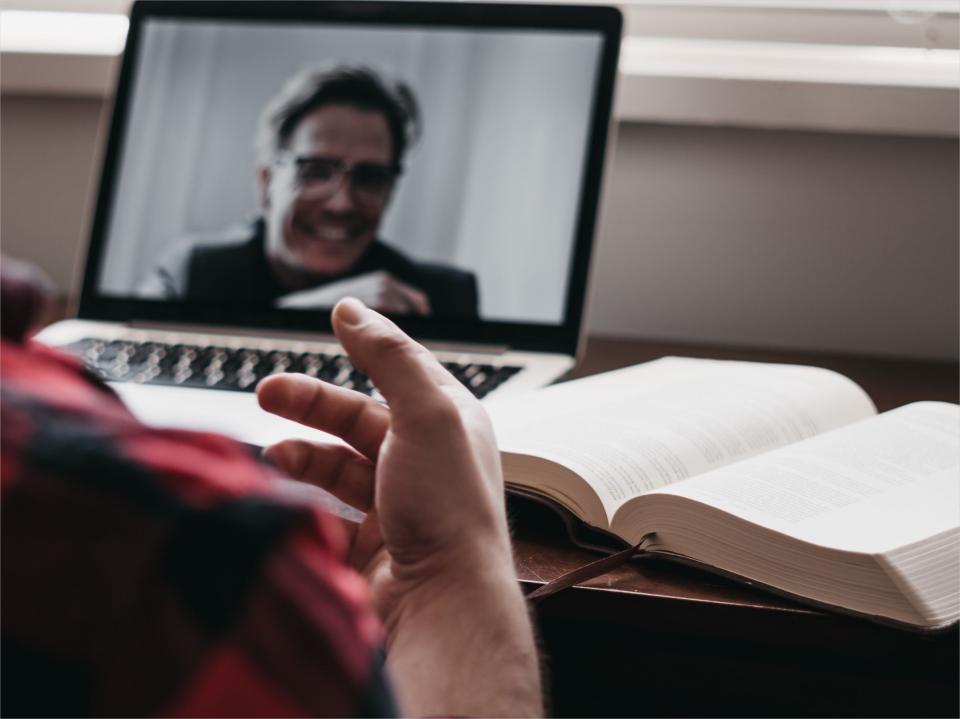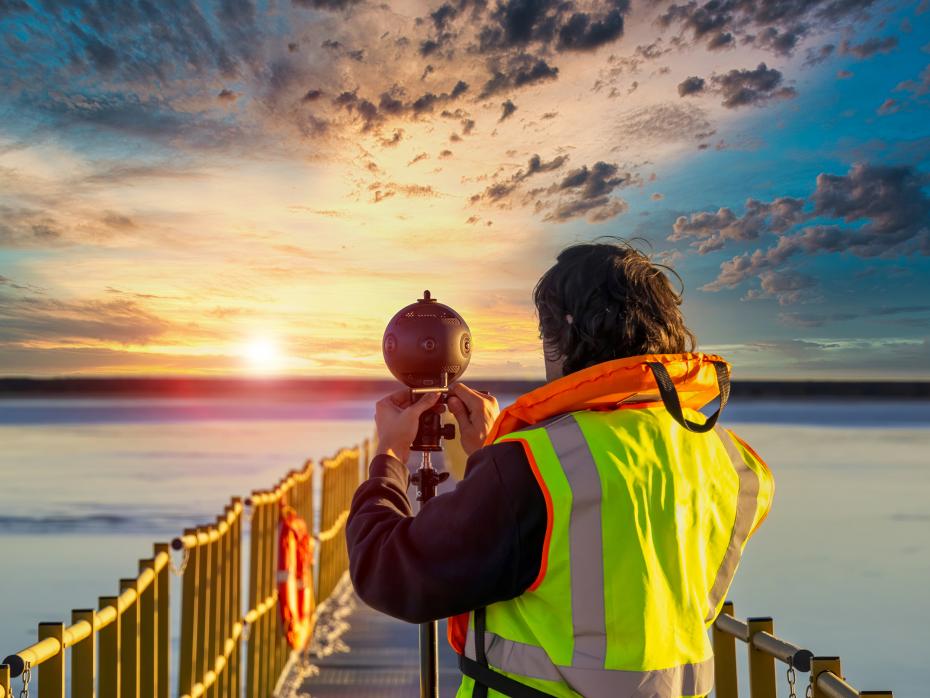Hello, my name is Francine Ryan. I’m a senior lecturer in law at the Open University and I’m a director of the Open Justice Centre.
Today this video is all about how to tackle fieldwork or real-life scenarios online and I want to give you some ideas from my own experience that might be relevant for your subject and for your students.
We set up the Open Justice Centre to build a bridge between the Open University law school and the wider community.
We’ve developed through this a series of innovative pro bono projects in co-operation with community partners in prisons, schools, legal charities and courts across the UK. As part of this and in my role, I developed the virtual law clinic.
This is where I supervise students working in the clinic who are giving advice to members of the public. The clinic operates just like a law firm. We have clients that contact us via a website, setting out their legal problem. If this is a case that we can assist with, the students interview the client in an online meeting room.
They then go away, they research the legal issues, and they prepare a letter of advice, which is checked by a qualified solicitor.
Students really value this opportunity to apply their legal knowledge to real-life scenarios. And we've found the experience of giving advice in a virtual law clinic really helps students develop their employability skills.
Our students are also involved in other activities through other projects that help members of the public understand their legal rights.
Our students are working in teams to produce information sheets, website resources, podcasts and presentations.
They’ve also been involved in developing chatbots and smartphone apps to support the public understanding of law. These kinds of activities could easily be translated into other disciplines.
Students could create online resources to support charities and not-for-profit companies. Students could produce vlogs or podcasts to support learners in schools or community groups.
My tips in relation to doing this is to think really creatively about how you can engage your students in authentic activities that are relevant for your discipline.
We've found that it’s really important to build a sense of community through group discussions and guided activities at the start, to facilitate the collaborative project work.
It’s really important to encourage students to be supportive of each other and work through the challenges because this can feel more acute in an online environment.
And I’d also recommend you think about how you can work in partnership with community groups, schools and charities because they can really help you develop a brief that makes the learning for students really valuable and they feel like they’re making a real contribution to their community.
I hope this video is helpful. There are some other links to resources that you might find useful.
I'm wishing you all the best with your project.
This video was produced by Francine Ryan, senior lecturer in law at the Open University and director of the Open Justice Centre.




comment